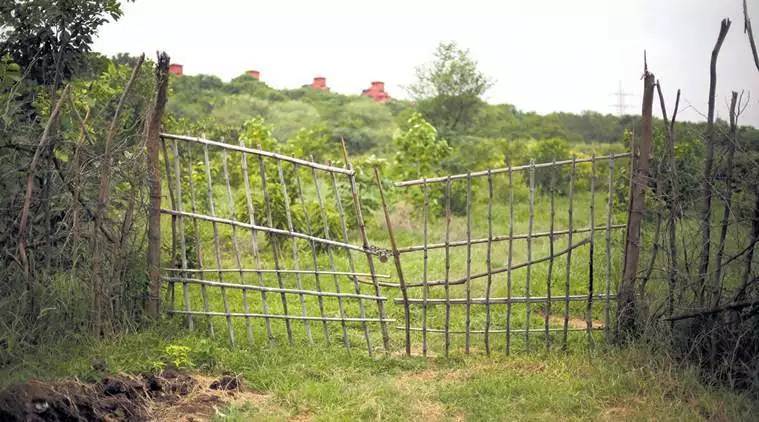The FSI said although it has the expertise, “the quantum of work involved in analysing” them is “not commensurate to the existing strength of officers and staff, and limited infrastructure available with” it.
Asked to do a survey of the country’s forests to decide on claims of forest-dwelling communities and pin-point encroachments, the Forest Survey of India (FSI) has told the Supreme Court that it will take about 16 years to complete the process given its current staff strength and infrastructure.
In an affidavit filed in the apex court, the FSI said that land parcels of 11,91,327 rejected claims of Forest Dwelling Scheduled Tribes” (FDSTs) and “other traditional forest dwellers (OTFDs)” for forest land from across the country needs to be analysed.
The FSI said although it has the expertise, “the quantum of work involved in analysing” them is “not commensurate to the existing strength of officers and staff, and limited infrastructure available with” it.
The agency said, “…it will take about 16 years to complete the analysis by FSI if 20 analysts are put on the job, which only is possible with the existing strength of officers, staff and infrastructure.”
It also stated, “If the time-frame for the work is to be shortened to 5 to 6 years, then the team of analysts will have to be increased by three times and accordingly infrastructure and additional strength of officers for supervision, quality check, etc will have to be created.”
Creating the additional strength and infrastructure will require a further Rs 48 crore, the FSI stated in the affidavit.
The affidavit was filed in response to the top court’s February 28 direction asking it to “make a satellite survey and place on record the encroachment positions, and also state the positions after the eviction as far as possible.”
The direction came as the court stayed its February 13 order, by way of which it had ordered eviction of lakhs of FDSTs and OTFDs whose claims under the Scheduled Tribes and Other Forest Dwellers (Recognition of Forest Rights) Act, 2006, were rejected.
The order had led to widespread concerns, as the direction was likely to affect nearly 11 lakh people. Subsequently, the Union Tribal Affairs Ministry and the Gujarat government approached SC, seeking modification of the order. Hearing it on February 28, a bench headed by of Justice Arun Mishra stayed its February 13 order and asked states to file affidavits explaining how it went about processing the claims, and whether the rejections were justified.
Source: Read Full Article


